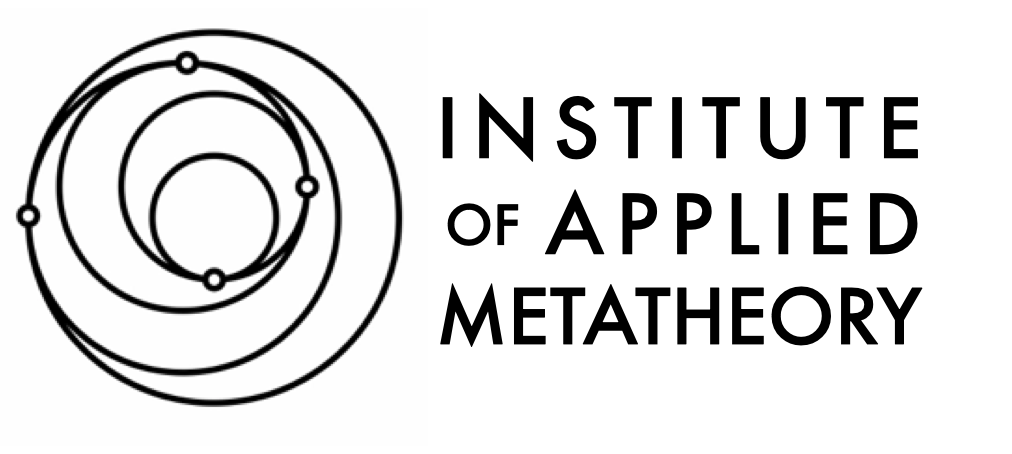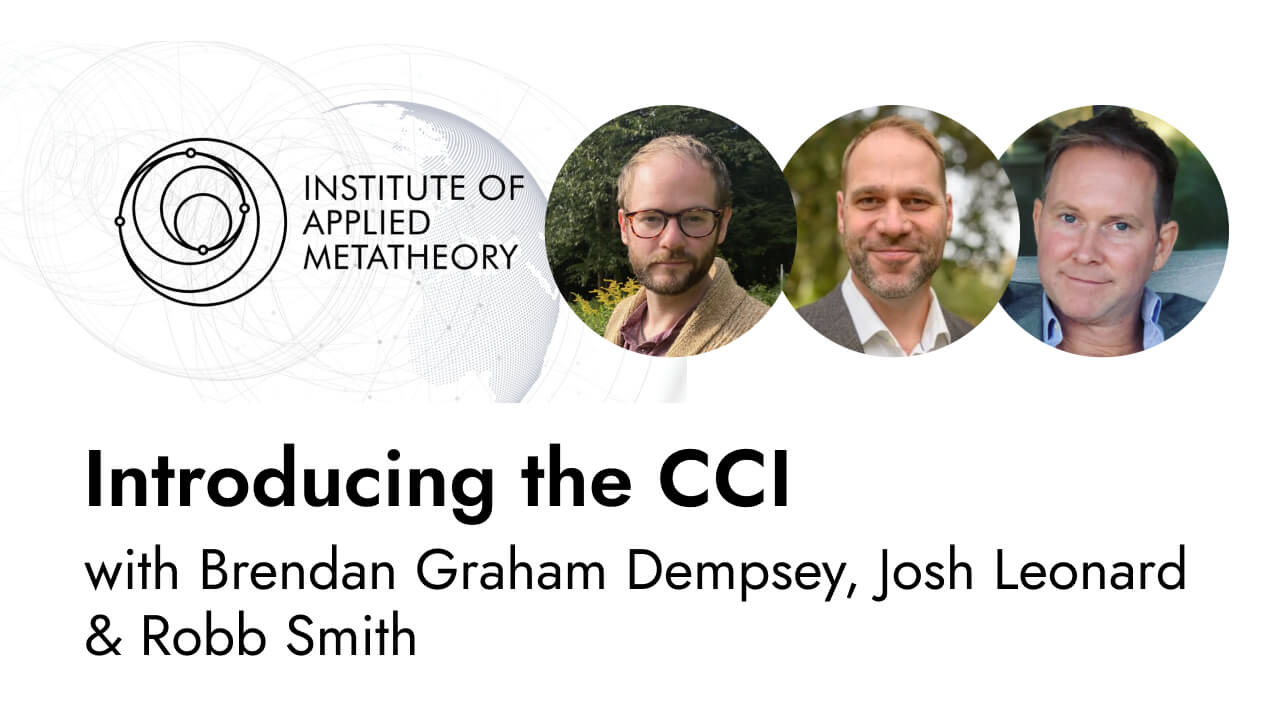Introducing the Cultural Complexity Index
Dear friends,
As you may have seen, The Institute of Applied Metatheory recently chose to organize, fund and incubate a significant new Applied Metatheory Initiative called the Cultural Complexity Index, which we see as holding the potential to act as a high-leverage project for long-term social emancipation.
We were looking for proposals that identified deep, long-lasting levers for transformation, demonstrated a strong inherent drive for change, illuminated overlooked dimensions, made a distinctive impact, and had the potential to inspire widespread participation and collective action.
The CCI fit these criteria, and in the spirit of helping our broader community see, understand and learn from IAM efforts to coordinate social action across the emerging Teal movement, we are publishing today the introductory discussion we did with Brendan Graham Dempsey in consideration of the AMI.
We hope it gives you some idea about why we are so excited about supporting this exciting initiative, and I hope you enjoy.
Loving regards,
Robb
About the Cultural Complexity Index Initiative at the Institute of Applied Metatheory
The Cultural Complexity Index (CCI) targets the significant yet under-researched issue of human cultural complexification by offering quantifiable data to support theories and visibility of cultural evolution and civilizational analysis. This project addresses the need for sophisticated, integrative metatheoretical models to tackle today’s complex global challenges, aiming to move cultural complexification theories from speculative sociology to a robust social science. Utilizing the Computerized Lectical Assessment System (CLAS) to analyze hierarchical complexity in historical and contemporary texts, the CCI will produce reliable data to inform academic discourse, promote integrative thinking, and challenge the prevailing academic paradigms rooted in cultural relativism. The failure to consider the non-arbitrary relationships among cultural systems and their potential for coordinated integration has led to confusion around values and meaning in pluralistic societies. This well-intentioned relativism fuels nihilism, radical post-truth ideologies, social decoherence, and political tribalism. To address these issues and advance complex, integrative perspectives essential for tackling today’s complex problems, it is crucial to shift knowledge-generating paradigms toward a quantifiable understanding of cultural complexification. By generating multiple academic papers and a comprehensive book, the project aims to catalyze a paradigm shift in how cultural evolution is understood and valued, providing essential insights for addressing the complex problems of our time.

